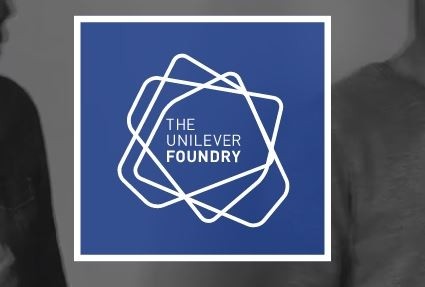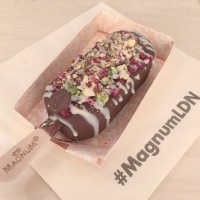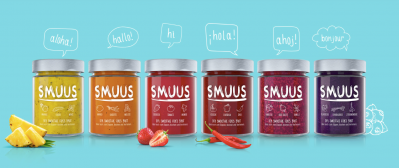SPOTLIGHT ON START-UPS
Unilever's Foundry
To date, Unilever’s Foundry has taken over 100 start-ups from pitch to pilot. These have helped “inspired the future of our business and the way consumers purchase our products,” according to Aline Santos, senior vice president of Marketing at Unilever.
One of its biggest success stories has been with Olapic, a visual content marketing engine that collects, curates and showcases consumer-generated photos
, helping Unilever boost coverage of its Magnum Pleasure Store in the UK last summer. Olapic did so with over 7,000 pieces of user-generated content and 272% more impressions on the Facebook algorithm.
“From a Unilever brand point of view, we wanted to find a way to leverage consumer generated content and communicate in a more authentic way. Olapic provided us with the vehicle to do so," said Santos. "Since the partnership, Olapic has continued its work with us, partnering with over 16 Unilever brands and properties globally.”
So what makes the Unilever Foundry different to other schemes?
“[We are] different because we focus on taking established startups on the route to scale up. Unilever Foundry is not an incubator scheme, instead all funding - usually $50,000 - is marketing spent, not [on] investment,” she said. “Our unique pitch-pilot-partner approach dramatically cuts the time it takes to get a new initiative to market, with the average project going from brief to pilot in nine months. We have the advantage of bringing our scale to start-ups that are ready for the next stage of big growth with their innovative technologies.”
Earlier this year the Foundry’s founder, Jeremy Basset, said the key to partnering with small players is to keep an open mind.
“Don’t be too defined by who you should be talking to. These are not traditional partners where you give a specific brief and you get a specific solution back. The world is moving far faster than that and we have to give room to the inspiration that can come through having a much more open dialogue.”
Nevertheless, he advised businesses not to aim for “the two guys in their garage” but rather companies with proven tech and a first round of funding under their belts that are ready to be scaled up.
















